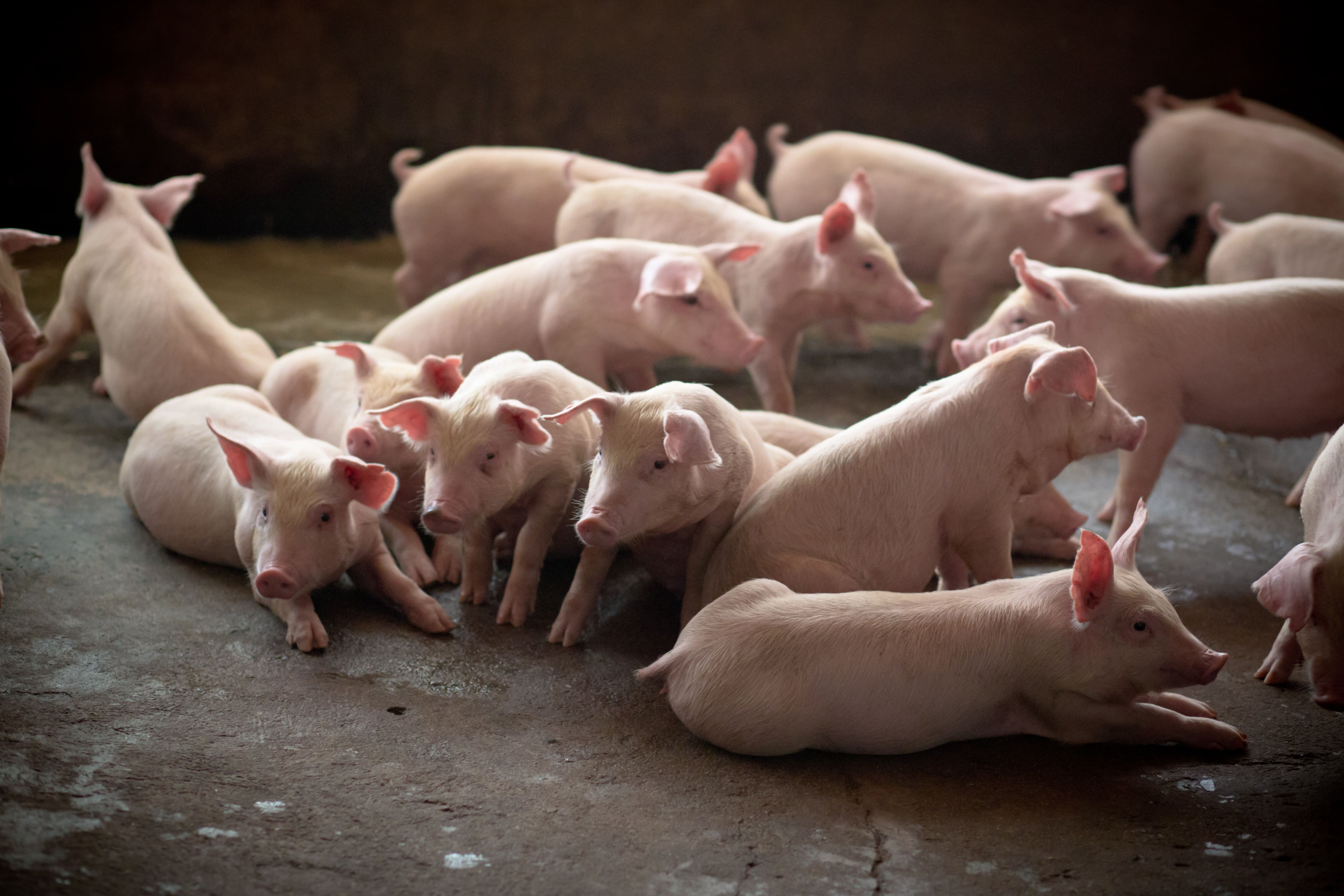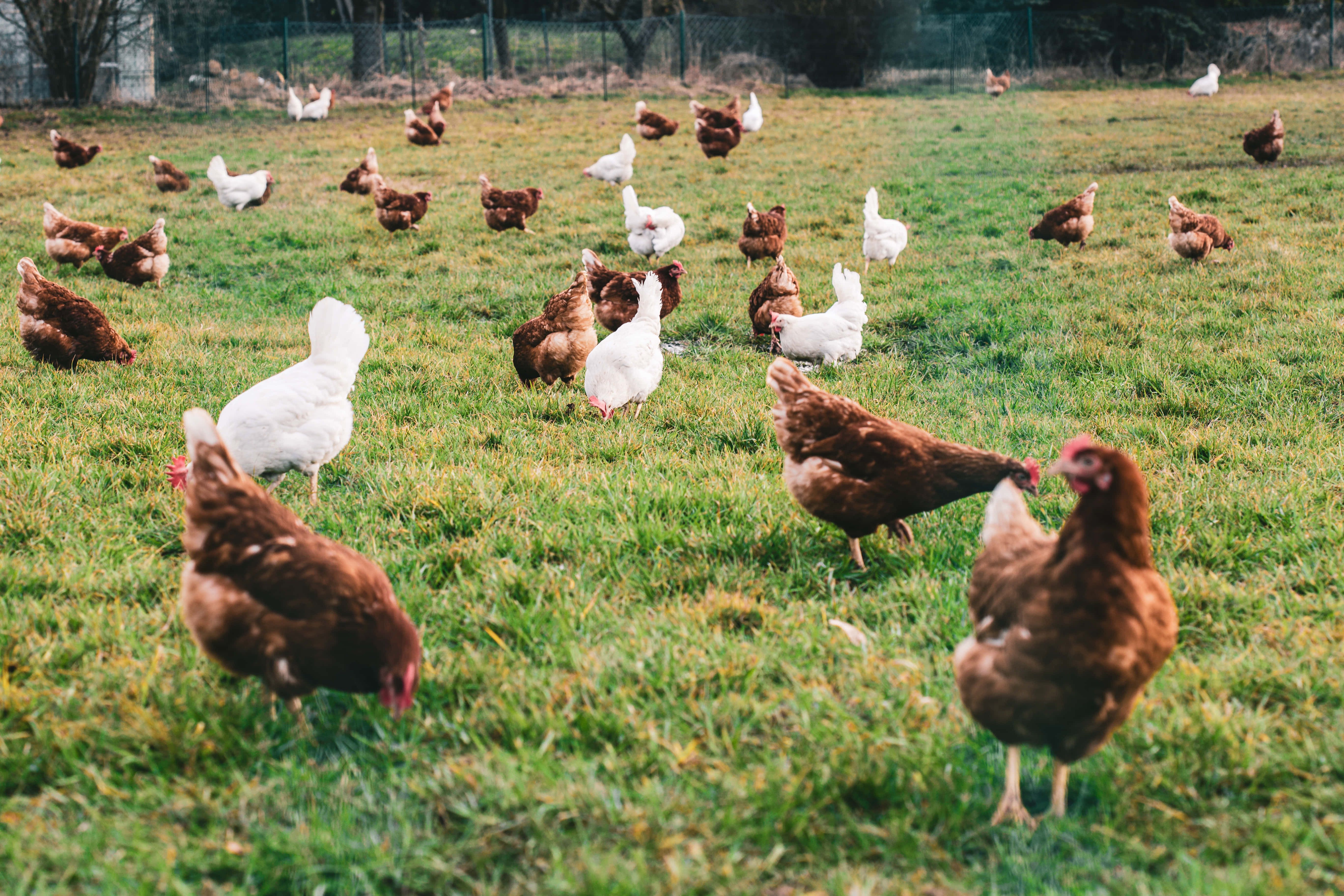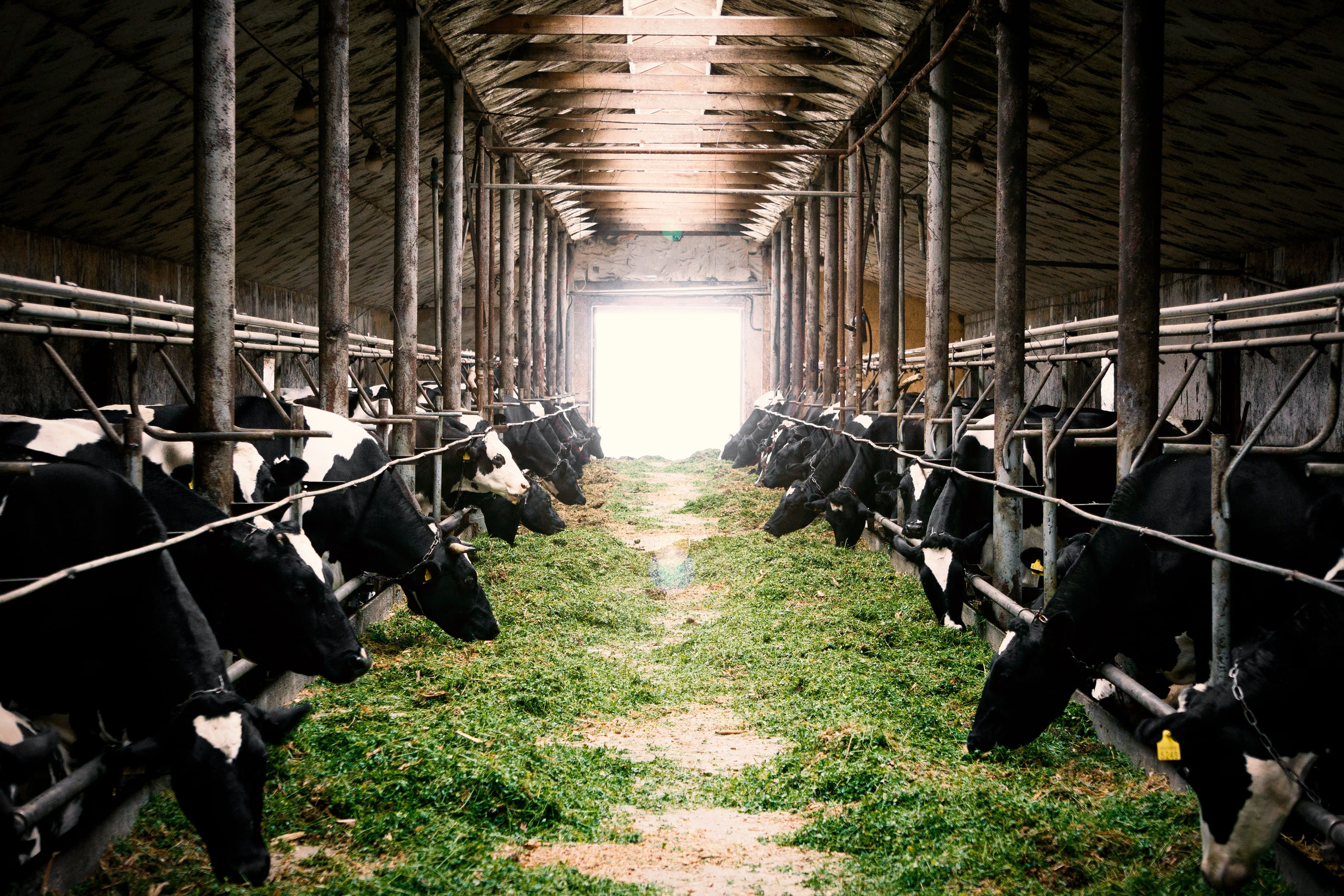
Aquaculture
Aquatic probiotics are used to improve the intestinal health of aquatic animals, enhance their immune system, and promote growth. Additionally, these probiotics are employed to improve water quality and limit bacterial infections. They can also enhance nutrient digestibility, increase tolerance to stress and diseases, and encourage reproduction. The most commonly used commercial probiotics are found in bacterial species such as Bacillus sp., Lactobacillus sp., Enterococcus sp., Carnobacterium sp., and the yeast Saccharomyces cerevisiae.

Swine
Aquatic probiotics are used to improve the intestinal health of aquatic animals, enhance their immune system, and promote growth. Additionally, these probiotics are employed to improve water quality and limit bacterial infections. They can enhance nutrient digestibility, increase tolerance to stress and diseases, and encourage reproduction. The most commonly used commercial probiotics are found in bacterial species such as Bacillus sp., Lactobacillus sp., Enterococcus sp., Carnobacterium sp., and the yeast Saccharomyces cerevisiae.

Poultry
Probiotics also promote body weight gain, improve feed conversion, and reduce the incidence of early chick morbidity and mortality. Common probiotics used in poultry production include Bacillus species, Bifidobacterium species, Lactobacillus species, Pediococcus acidilactici, Propionibacterium acidipropionici, Saccharomyces cerevisiae, and Streptococcus faecium.

Ruminants
Domestic ruminants, primarily cows, sheep, and goats, possess a diverse and complex microbial community which have an effect on polysaccharide fermentation in the rumen. Generally, probiotics are used to improve gastrointestinal health, reduce diarrhea and bloating, and protect against infectious diseases. Additionally, probiotics help stabilize the pH of the rumen, increase the production of volatile fatty acids and stimulate lactic acid-utilizing protozoa, resulting in highly efficient rumen function. Furthermore, probiotics also help increase milk production and can even reduce the incidence of neonatal diarrhea and mortality. Commonly used probiotics include Lactobacillus, Bifidobacterium, Bacillus, Saccharomyces, and Enterococcus species.
